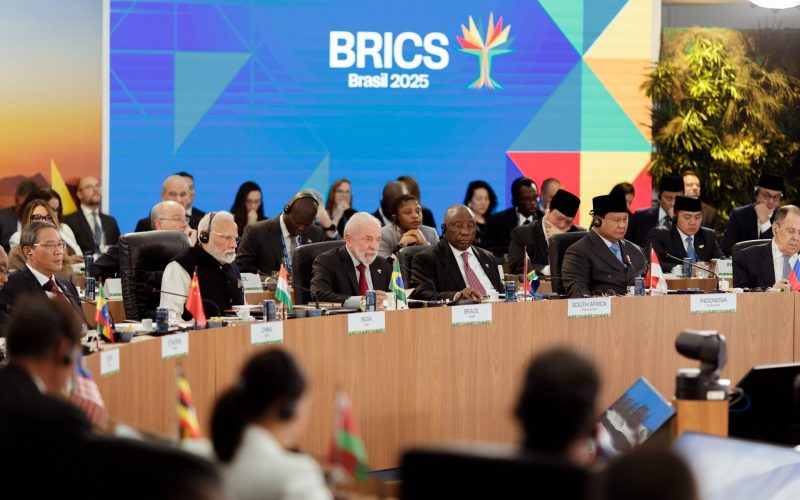The AfCFTA promises significant gains for the continent: $16.1 billion in welfare gains, GDP growth of 1-3%, employment growth of 1.2%, intra-African trade growth of 33% and a 50% reduction in Africa’s trade deficit. It also promises lucrative potential for businesses and investors operating on the continent – 97% of tariff-free trade across African markets, reduced trade barriers and liberalisation of services-trade.
Yet, together with this significant potential, businesses and investors also need to account for some of the key challenges that they will face in fully leveraging this agreement. This research reports tracks the development of the AfCFTA, as well as highlights some of the key challenges for businesses and investors:
- Importance of RECs – The AfCFTA will not negate the trade liberalisation progress made by different regional economic communities (RECs). Instead, regional trade arrangements such as the SADC Protocol on Trade or the Tripartite Free Trade Area will remain important.
- Tariff Phase-down – As with all FTAs, tariffs are phased-out over a specified period. Due to different domestic contexts of African countries, different timelines are pursued under the AfCFTA. 97% tariff-free trade under the AfCFTA will only be realised after 15 years.
- Non-tariff Barriers – While tariff concessions will be attractive to businesses, non-tariff barriers might negate some benefits of tariff liberalisation.
- Rules of Origin – Rules dictating the level of domestic value-addition required will determine if goods from external partners qualify for tariff concessions. The AfCFTA will feature a stringent rules of origin regime to ensure greatest value-addition occurs in African countries.
- Impact on Countries and Sectors – As with all FTAs, some countries and industries will experience adjustments costs during implementation. For investors however, this can cause uncertainty in specific countries or sectors.
- Services Liberalisation – Negotiations on services liberalisation are still at a nascent stage and are complicated by the complexity of the undertaking. Finalisation and implementation of this agreement are likely to be lengthy.
This report was commissioned by the Ministry of Foreign Affairs, Republic of Korea.








